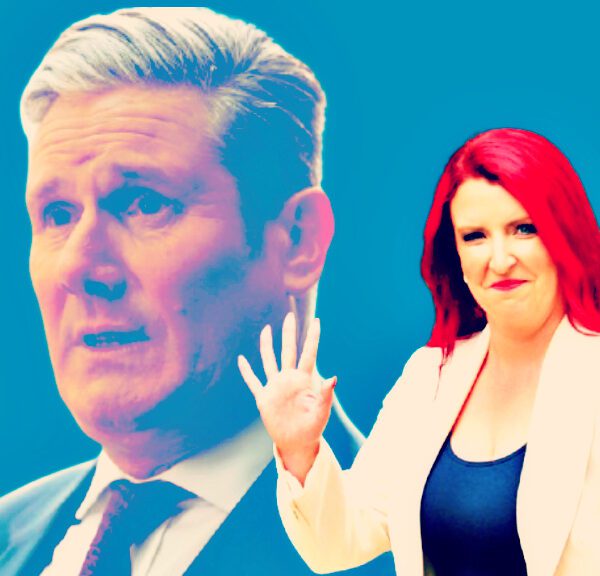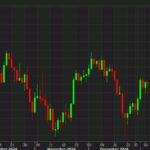A wet Piccadilly Circus during a rainy morning in the West End, on 26th September 2024, in London, England.
Richard Baker | In Pictures | Getty Images
LONDON — Inflation in the U.K. dropped sharply to 1.7% in September, the Office for National Statistics said Wednesday.
Economists polled by Reuters had expected the headline rate to come in at a higher 1.9% for the month, in the first dip of the print below the Bank of England’s 2% target since April 2021.
Inflation has been hovering around that level for the last four months, and came in at 2.2% in August.
Core inflation, which excludes energy, food, alcohol and tobacco, came in at 3.2% for the month, down from 3.6% in August and below the 3.4% forecast of a Reuters poll.
Price rises in the services sector, the dominant portion of the U.K. economy, eased significantly to 4.9% last month from 5.6% in August, now hitting its lowest rate since May 2022.
Core and services inflation are key watch points for Bank of England policymakers as they mull whether to cut interest rates again at their November meeting.
Money market pricing for a 25-basis-point November rate cut jumped from 80% to 91% following the latest inflation print, with a follow-up trim in December nearly fully priced in. Analysts had on Tuesday said lower wage growth reported by the ONS this week supported the case for a rate cut.
Two more quarter-percentage-point reductions this year would take the BOE’s key rate to 4.5%, after the central bank kicked off rate cuts in August, then held in September.
A fall in the British pound following the publication on Wednesday reflected more dovish expectations for the BOE, with sterling down 0.6% against the U.S. dollar at $1.299, falling below the $1.3 level for the first time since Sept. 11. The British currency moved 0.5% lower against the euro.


British pound versus U.S. dollar.
“These figures provide reassurance that the U.K. has moved into a more moderate inflation environment, aided by lower fuel prices,” Suren Thiru, economics director at the Institute of Chartered Accountants in England and Wales, said in a note, with the “notable drop” in services inflation indicating “underlying price pressures are becoming less sticky.”
Thiru nevertheless added that British inflation could reverse its decline in October because of an increase in the regulator-set energy price cap, while the BOE will wait to assess the U.K. Labour government’s keenly-awaited debut budget at the end of the month for any potential inflationary impact before locking in a course.
Capital Economics’ Chief U.K. Economist Paul Dales was similarly cautious, pointing out that a large part of the unexpected weakness in core and services inflation was due to a big fall in airfares price rises. The BOE is slightly more likely to stick to 25-basis-point cuts at every other meeting as a result, Dales said, even if the chance of two more reductions this year has now gone up.
“We still think rates will eventually fall to 3.00%, which is lower than the 3.50-3.75% priced into the market,” he said.
However, Deutsche Bank’s Chief U.K. Economist Sanjay Raja said the inflation figures would be “music to the [Monetary Policy Committee’s] ears” and could lead them to consider a faster unwinding of restrictive policy, including sequential rate cuts.
Raja also noted the risk presented by the budget, which he said was “likely to be expansionary despite the scale of fiscal consolidation coming on 30 October.”














